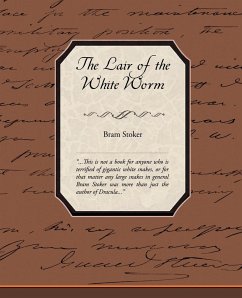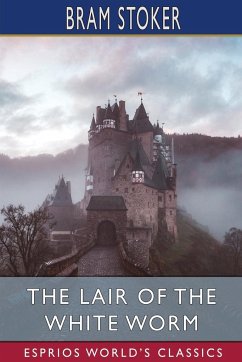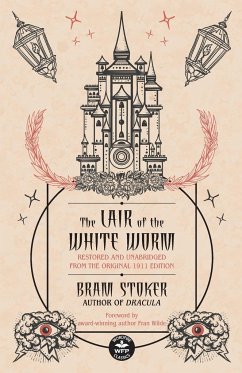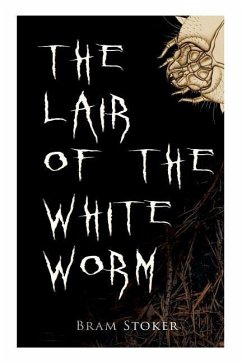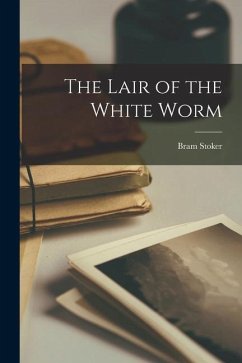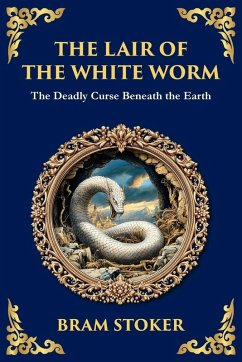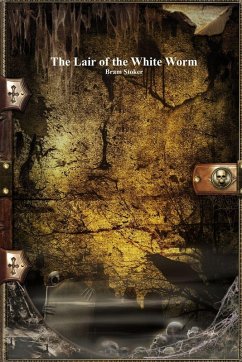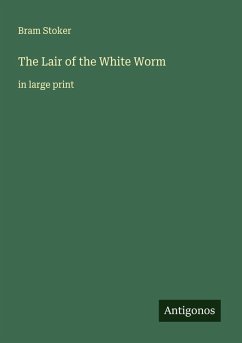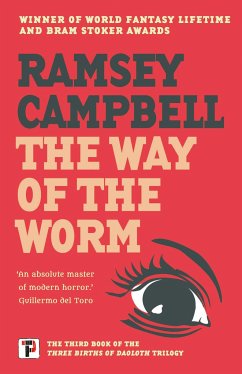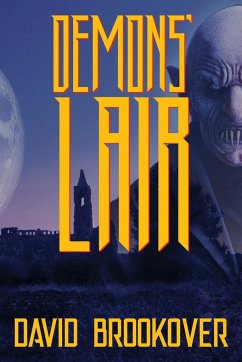"Bram Stoker, born in Dublin in 1847, overcame a childhood illness to become an accomplished athlete and scholar at Trinity College. His career took a pivotal turn when he became the personal assistant to the famous actor Sir Henry Irving and managed London's Lyceum Theatre for 27 years, immersing himself in high society. While best known for his 1897 novel Dracula, Stoker wrote several other works of gothic fiction. Dracula, in particular, drew on his fascination with folklore and became an iconic influence in vampire literature and popular culture.Stoker's life was shaped by his wide range of interests, including literature, theatre, and travel. His time managing the Lyceum Theatre gave him access to London's literary and artistic circles, where he met figures like Sir Arthur Conan Doyle and Walt Whitman. His travels to places like Whitby, England, and Cruden Bay, Scotland, helped inspire the eerie settings in Dracula. Although he never visited Eastern Europe, Stoker's extensive research into its folklore gave his most famous work a haunting authenticity.In his later years, Stoker faced declining health and financial struggles, yet he remained productive until his death in 1912. Dracula was not initially recognized as a literary masterpiece but has since become one of the most influential horror novels ever written, cementing Stoker's place in literary history. His unique blend of gothic horror, folklore, and Victorian anxieties continues to captivate readers and inspire adaptations across all forms of media."
